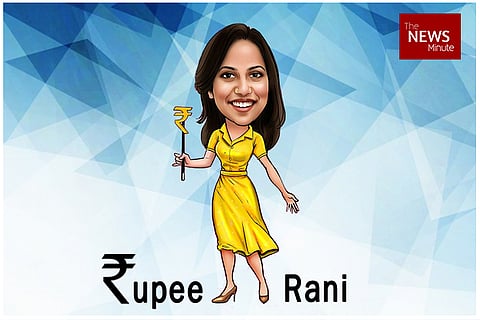

I’ve often found that advertisements for insurance and advertisements for fairness creams are very similar. They both claim to solve all of life’s problems and usher in a giddy happiness to the point where the smiles on screen become unbearable after 3 seconds. While I am confident that fairness creams are an absolute waste of money, I believe that insurance deserves to be looked into.
What is insurance and why is it necessary for women?
An insurance policy, essentially, is an agreement. You agree to pay a sum of money to a party, in return for a guaranteed compensation in the event of a specific occurrence (such as death, or illness). This sum of money that you pay is the ‘insurance premium’, the party you pay it to is the insurer/insurance company. It is now a proven fact that women have longer life expectancy than men. When you live longer, you face greater challenges with age, especially when it comes to health. Insurance provides a cushion when you are faced with emergencies.
What are the kinds of insurance out there?
When it comes to personal insurance, which is what I am talking about in this week’s column, there are three broad kinds of insurance. Life Insurance, Endowment plans and Health Insurance. Each has their own advantages and disadvantages.
Life Insurance and Endowment Plans
When it comes to Life Insurance, you can opt for a simple Term Policy or a Whole Life Insurance Policy. Term policies are very affordable and require very low premiums. When you buy Term Life Insurance, you will be required to pay a premium for a fixed term that you agree to, say, five or ten years. In case you die during this term, your family will be compensated. However, if no such event takes place, you will not get your premium money back.
A Whole Life Policy, on the other hand, is where the policy holder (you), pay premiums for life, and when you die, the corpus or the entire sum of money paid by you, along with some interest is paid out to your family. While I don’t see the point of a Whole Life Policy, I would recommend young, working single mothers to sign up for a Term Life Insurance Policy. It doesn’t cost much, is tax deductible, and ensures that your child/children will have some money for themselves in the event of a calamity.
Alternatively, you can opt for an Endowment plan, where you pay premiums for a fixed term, but you get the benefit of a lump sum payment on maturity, apart from a payout in case of death. The premium that you pay is significantly higher than a Term Life Policy. Endowment plans are marketed as investment options, which they are, but be warned that the rate of return when it comes to these plans is quite low for the amount of premium that you pay. An endowment plan is only a mediocre investment option, and I wouldn’t recommend it unless you want the tax deduction.
Health Insurance
As women, we are prone to a fair number of ailments that are specific to our gender, such as osteoporosis, hormonal imbalances, breast and ovarian cancers, etc. There is also the matter of child birth, which can get as expensive as it is physically painful. Hence, health insurance is an essential. When you buy health insurance, you will be covered for your expenses for both treatments, as well your stay in the hospital. Health insurance comes with a lot of fine print, for example, some plans cover hospitalisation, but not child birth, and some plans don’t cover treatment for pre-existing conditions. So, make sure you ask all your questions and queries with respect to what is eligible for payout before you sign on the dotted line. Health insurance is tax deductible under section 80D.
Is insurance essential?
Insurance is a good tool with which you can save on taxes while getting the benefit of a safety net. I would recommend all women to get themselves a health insurance policy, so that you can be covered in case of sudden hospitalisation and the charges that follow. Prevention might be better than cure, but if you can’t prevent, you might as well have a policy.